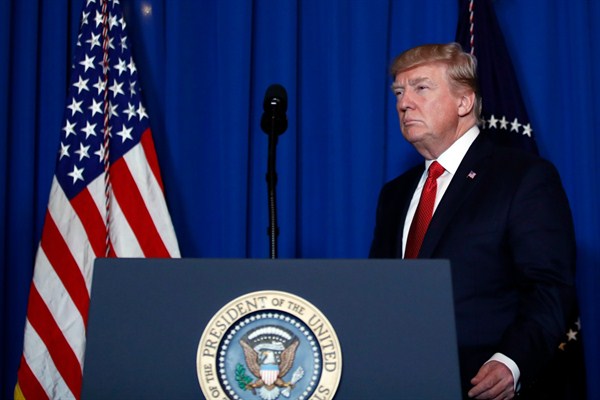Throughout the Cold War, the United States wrestled with the “friendly dictator” dilemma. Americans had long believed that democracy was not only the most just political system, but also the only one that could remain stable over time. Dictators might impose order for a while, but eventually the natural urge for freedom led to their downfall. Under the right conditions, a dictator’s demise could be relatively peaceful. At other times, though, it sparked a dangerous paroxysm of violence.
Even so, Cold War-era American policymakers accepted and even embraced friendly dictators. After the collapse of the Soviet Union, the problem was not resolved but faded as authoritarian regimes around the world gave way to nascent democracies. Now, as the world is torn by the struggle against violent extremism, the friendly dictator dilemma is back.
During the 2016 presidential campaign, Donald Trump repeatedly said that recent events in the Middle East showed that when authoritarian regimes collapsed, the result was often instability that paved the way for violent extremism. After all, the self-styled Islamic State would not exist if President George W. Bush had not removed Iraq’s Saddam Hussein from power. For this reason, President Trump is inclined to be more tolerant of Middle Eastern dictators than his predecessors.

